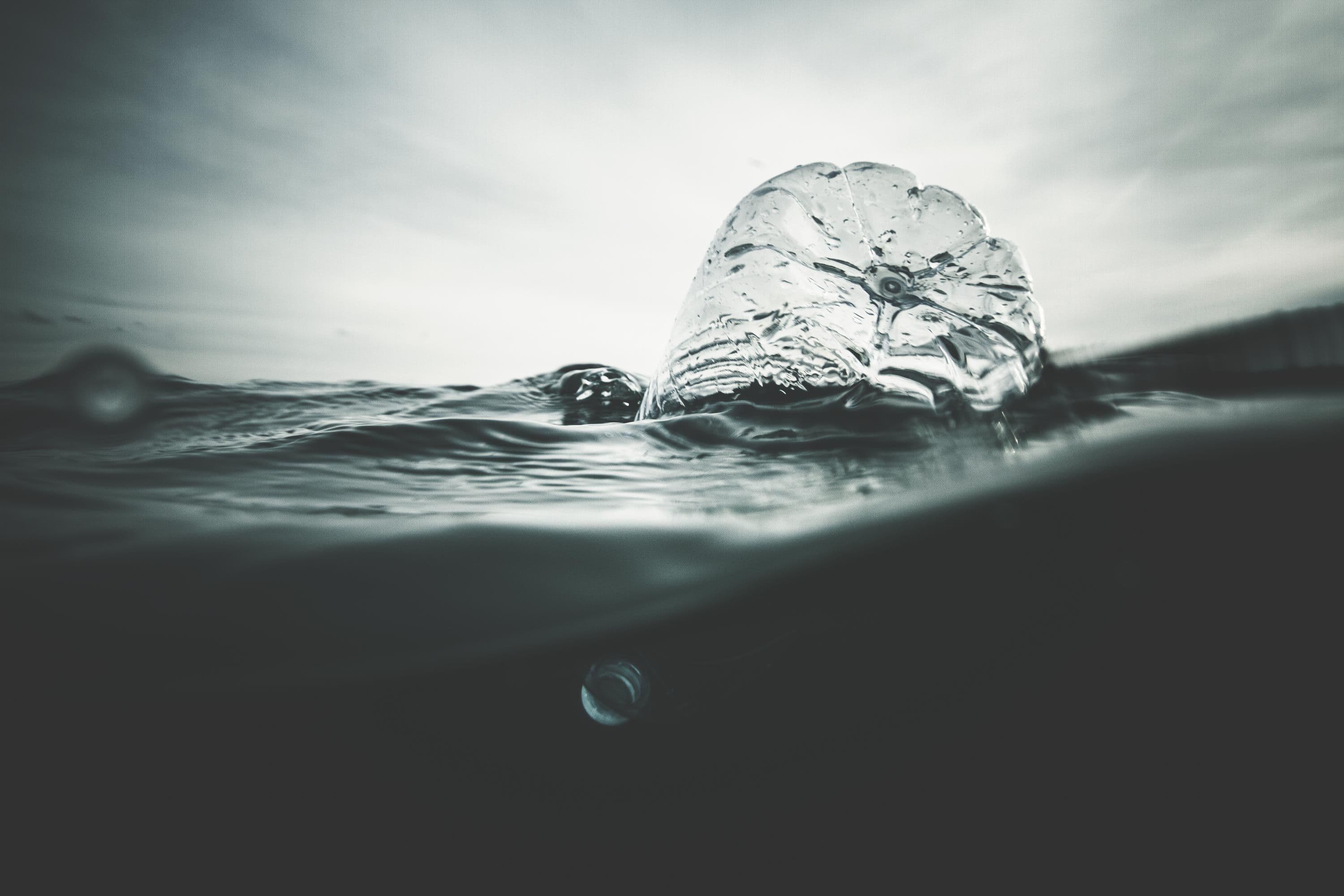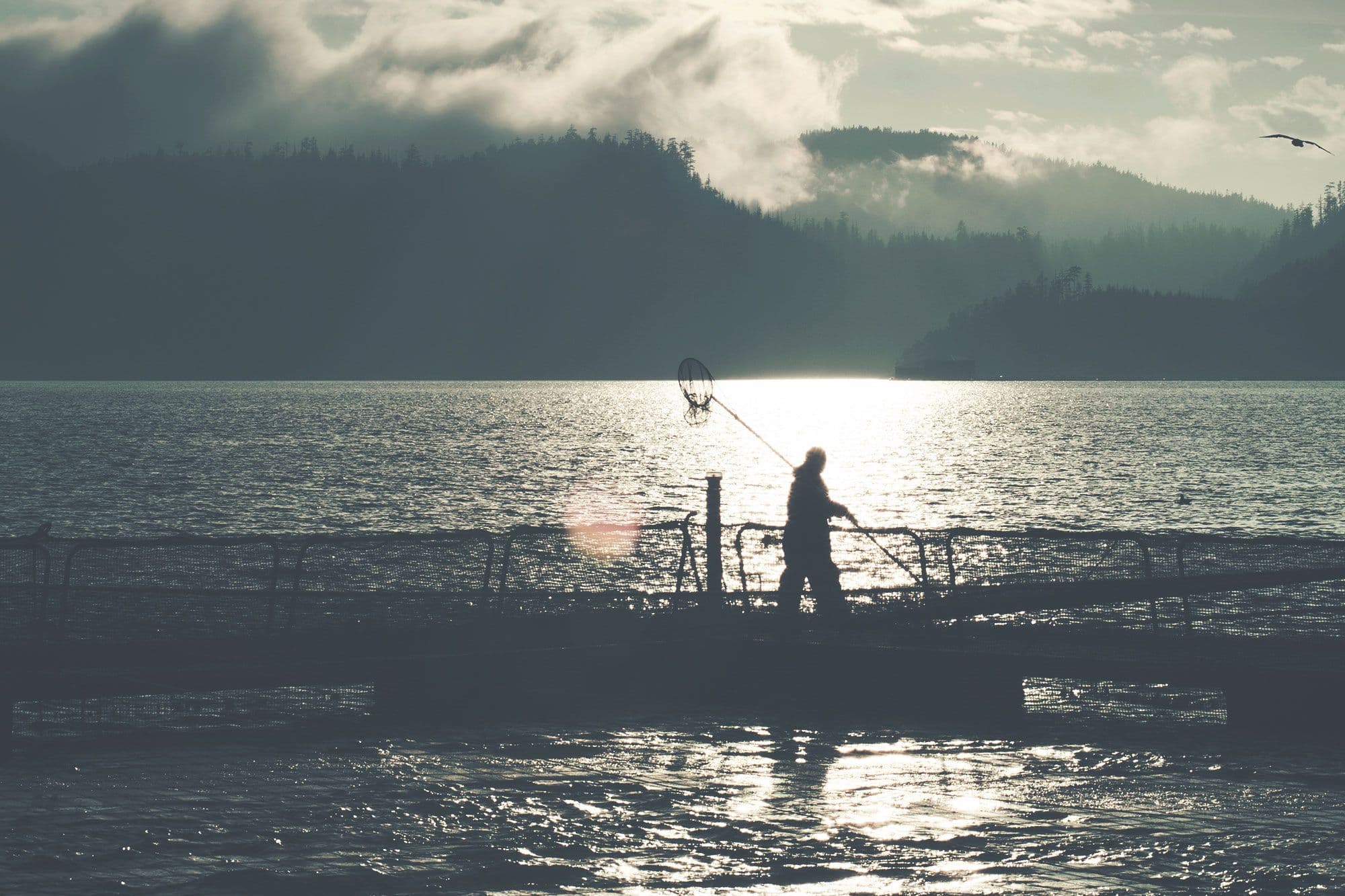
The aquaculture and fisheries industries are contributing to ocean plastic pollution. While we have reduced our impacts over the last years, there is still a lot of work to be done in this area. We must approach this challenge holistically, and look at:
- How to prevent plastics from our operations ending up into the ocean.
- How to develop recycling infrastructure to ensure the resource utilization of our gear.
- How to reduce the amount of plastics waste generated in our operations.
Highlights
- Reduction: We are using tougher materials which increases equipment lifetime. I. e UHMWPE pens and PVC lice skirts.
- Reuse: We have routines for smarter rope consumption, where we tie and open rope segments instead of cutting ropes with knives. This has a huge impact on generated waste. We call this “knytt-opp tau".
- Recycle: We aim to establish closed loop recycling for our aquaculture gear. Today we have this for some gear like feed tubes, walkways and rope. What’s better than producing the same equipment from used gear?
- Reinvent: We are closely collaborating with our suppliers, providing feedback on products and help with product design improvements.
- Reporting: We are collecting data from our consumption and use of plastic from our operations.
Increasing recycling
We have established several agreements for closed-loop recycling of aquaculture products, like feed tubes, pens and worn hardened plastic (HDPE). The results show a high degree of recycled material quality and promising outcomes. We have also introduced plastic products produced of recycled materials, where the aim is to close the loop of our consumption of plastic. In Rogaland we decided to use recycled plastic in our walkways used around our pens.
MOOC on plastic waste
We have received funding from Norwegian Retailers’ Environment Fund to establish a massive open online course (MOOC) on plastic waste management in aquaculture. Together with Bellona and NTNU (Norwegian University of Science and Technology), we aimed to provide the industry with e-learning and instructional videos on the importance of proper plastic handling. The first MOOC was available in 2023.
Plastic accounting
Measuring our consumption of plastic is a key part of our plastic management. We are currently involved in several processes to improve our data quality and monitor our plastic consumption. We perform annual, internal material accounting and aim to establish digital accounting solutions in the future. The value of our waste increases with the data quality allowing the waste to be utilized in higher valued processes. We collaborate closely with manufacturers and the industry to end ocean plastic waste.
Research collaboration
We have contributed in several R&D projects and intend to be a preferred partner in the discussion of challenging environmental concerns regarding ocean plastic pollution.
The projects we have contributed to:
- SMARTER: We are part of a reference group surveying microplastic release from aquaculture nets and ropes using different technologies for emission reduction. FHF project ID 901820.
- SIRKSJØ: We are part of a reference group as well as workshops regarding the status and possibilities for circular economy in the aquaculture industry. FHF project ID 901772.
- POCOplast: We are an industry participant, including in several workshops, aiming to find pathways to sustainable use of post-consumer plastics in aquaculture.
- Life Cycle Assessment: We are a group member in this project that aims to set Product Category Rules (PCR) for sea-based aquaculture infrastructure and equipment.
- Global Salmon Initiative Plastic Task Force: We are a member of the task force, aiming for improving aquaculture plastic management.
Beach clean-ups
We depend on healthy oceans where we operate. In all regions, we arrange beach clean-ups around our farms at least annually. In some areas we partner with local beach cleaning NGOs to tackle the issue. The clean-ups are documented with photos and the amount of plastic waste is tracked.
Please also refer to our policy for Ocean Plastic.